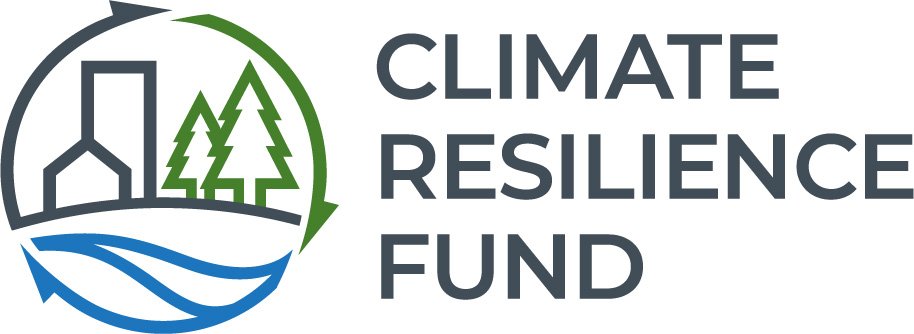CRF began, as many organizations do, as an idea. This idea emerged from a combination of experience with and observation of the development of a nascent field of practice. The climate adaptation field, at the time and still, was uncoordinated and organic. Resources developed by federal agencies were and are many, and have become quite sophisticated, so much so that they are opaque to lay users of the information. They require a significant degree of translation to be used effectively. Private, NGO, and academic institutions have tried to fill the translational gap but lack the capacity to do so at scale. The CRF idea was shaped by these challenges and our understanding that the combination of inefficiency of climate services (due to redundancy and lack of scale) and the massive gap in capacity to support local and regional climate resilience outcomes meant that the field was in limbo.
CRF was also founded on the belief that climate change adaptation and resilience strategies embody an opportunity to re-shape societies’ relationship with the natural world; an opportunity to mainstream principles and practices of sustainability, conservation, and social equity into decision-making in all sectors and at all levels of governance. We created CRF to help advance a positive vision of a climate resilient society and to mobilize the resources for achieving it. We are committed to supporting the development and implementation of knowledge and resources to help steer society in a new direction – one where healthy communities, ecosystems, and sustainable economies coexist and thrive.

